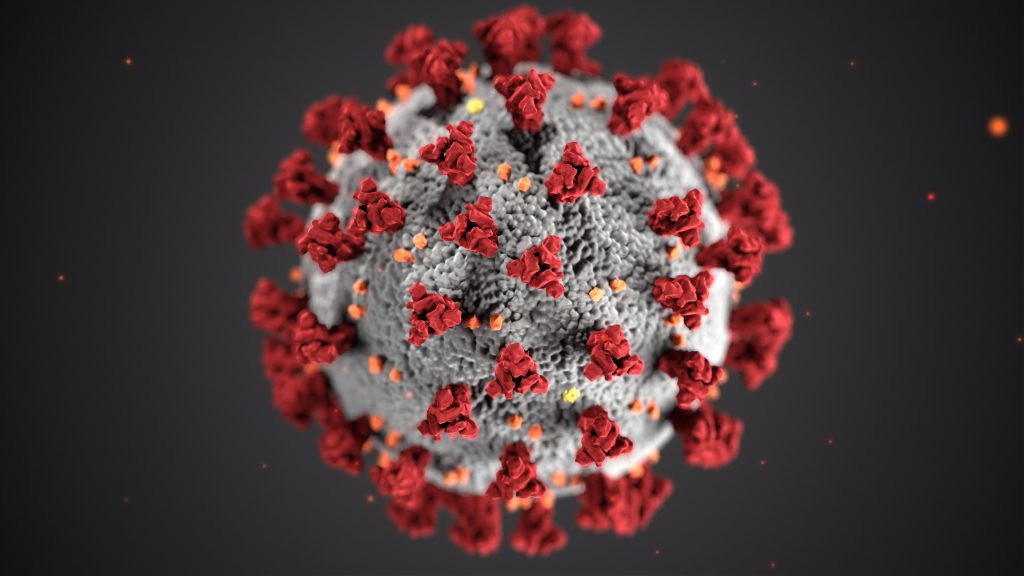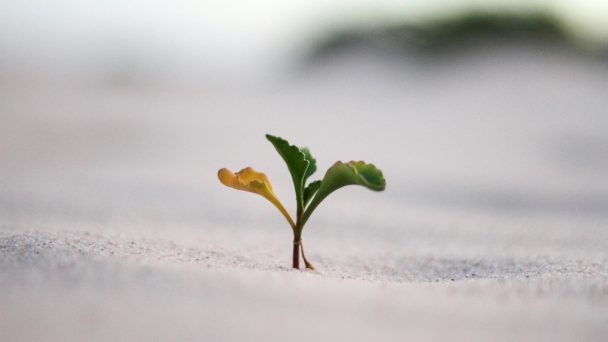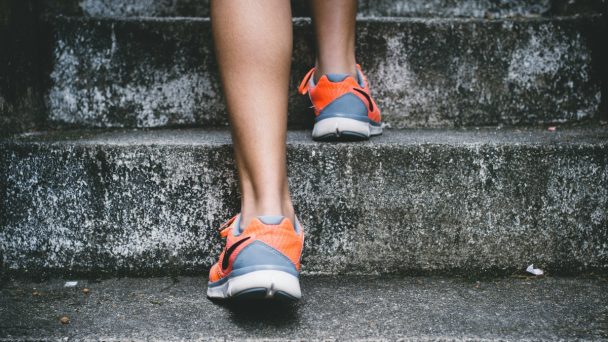Alcohol use & corona: 9 findings

What does the corona crisis do to our alcohol consumption, have we started drinking more or less? Research institute Trimbos indicates that it is still too early to determine the exact consequences of the crisis for drinking in the Netherlands. However, several studies during and after the initial lockdown, and studies into pandemics in general, have yielded these 9 -remarkable- findings.
- The European Monitoring Center for Drugs and Drug Addiction states in a July 2020 report that fewer drugs have been used in Europe during the corona crisis. Alcohol consumption, on the other hand, was found to have increased. The Observatory based its conclusions on research into sewage water in several European cities.
- The Trimbos Institute states that - although no direct link between alcohol and the coronavirus has yet been discovered - there are various indications that people who drink a lot of alcohol run a greater health risk. Alcohol has an adverse effect on the immune system. Heavy drinkers with a reduced resistance run a higher risk of contracting the virus. The virus can also have a more serious course in them.
- Dutch research during the first lockdown (23 March to 1 June 2020) shows that by far the largest group of participants, namely 55 to 69%, did not drink more or less alcohol during the crisis.
- About 17.7 to 22.1% of the respondents drank less alcohol than usual during the lockdown. This decrease can partly be explained by the measures imposed: people were no longer allowed to gather and were possibly less in the mood for a party. The closure of the catering industry and nightlife probably also contributed to this decline. Think of the group of out-of-the-door drinkers who were now forced to sit at home.
- Unfortunately, 11 to 21.2% of the respondents actually started drinking more alcohol during the lockdown. Reasons why people have started drinking more vary from dealing with corona stress (think of families where work had to be combined with home schooling of children) to combating feelings of boredom or loneliness and the disappearance of a fixed daily structure. This group also includes people with an existing alcohol problem. It was difficult for them to get the right help during the lockdown, increasing the risk of use for them.
- Remarkable: the group of people who indicated that they had started drinking more during the corona crisis, continued to do so after the relaxation of the measures (as of 1 June). It is not yet clear how many more people have started drinking and whether it is problematic drinking.
- The exact long-term consequences of the corona crisis on alcohol use in the Netherlands are still unclear. However, research into previous pandemics shows that people who are exposed to significant stress for a longer period of time during a crisis are at a higher risk of developing an alcohol problem in the future. For example, research after the outbreak of the SARS virus (2003) showed that health care personnel who had been exposed to high risks drank more than health care personnel who had not been at risk three years later.
- The aftermath of the corona crisis may affect alcohol use among specific groups of people. Think, for example, of people who become unemployed as a result of the crisis.
- On the other hand, people generally drink less alcohol during recessions.
All of the above findings have been reported in various publications on the trimbos.nl to read back.
Gerelateerd
This is what a month of alcohol break does to you
This July month is coming to an end. This means that you will not have drunk alcohol for more than 30 days. And that pays off. Both physically and mentally. As an extra boost, you can read…
Socialize without alcohol
Hoe dans je nuchter? Waar laat je je handen? Wat als er alleen maar alcohol te verkrijgen is? En hoe reageren mensen als je zegt dat je tijdelijk geen alcohol…
Alcohol and your running performance
Running is a popular sport. It's also so affordable. You put on your running shoes and close the door behind you. Before you know it you are a few kilometers…


